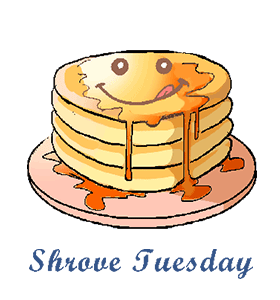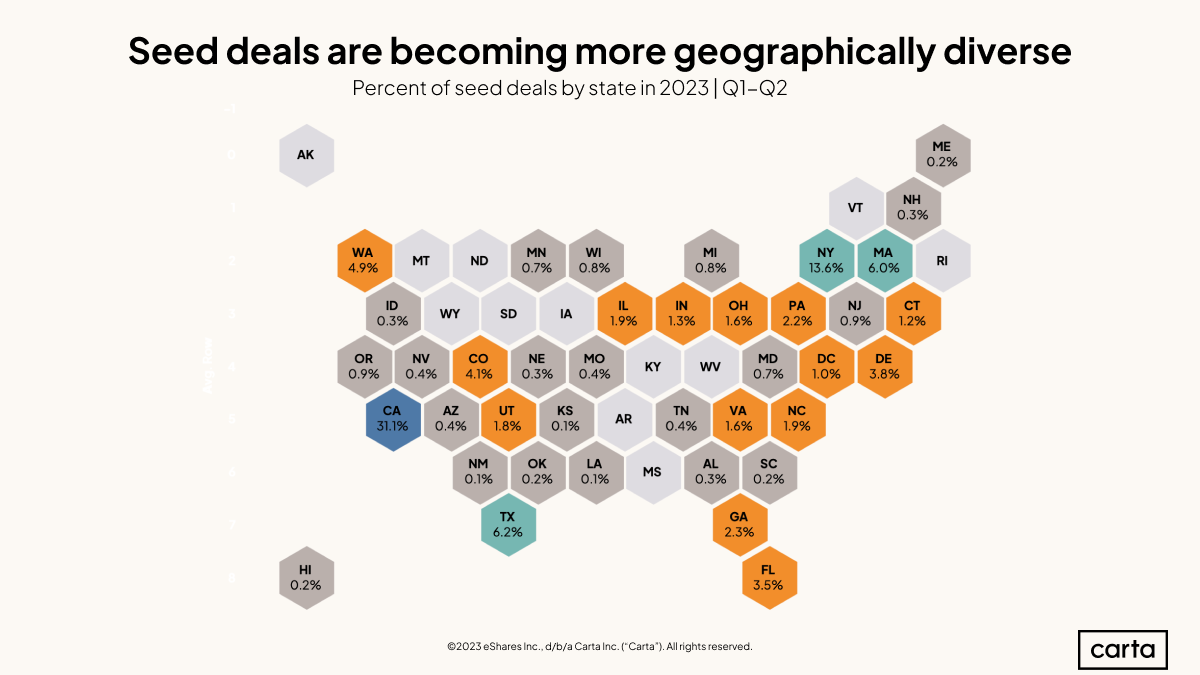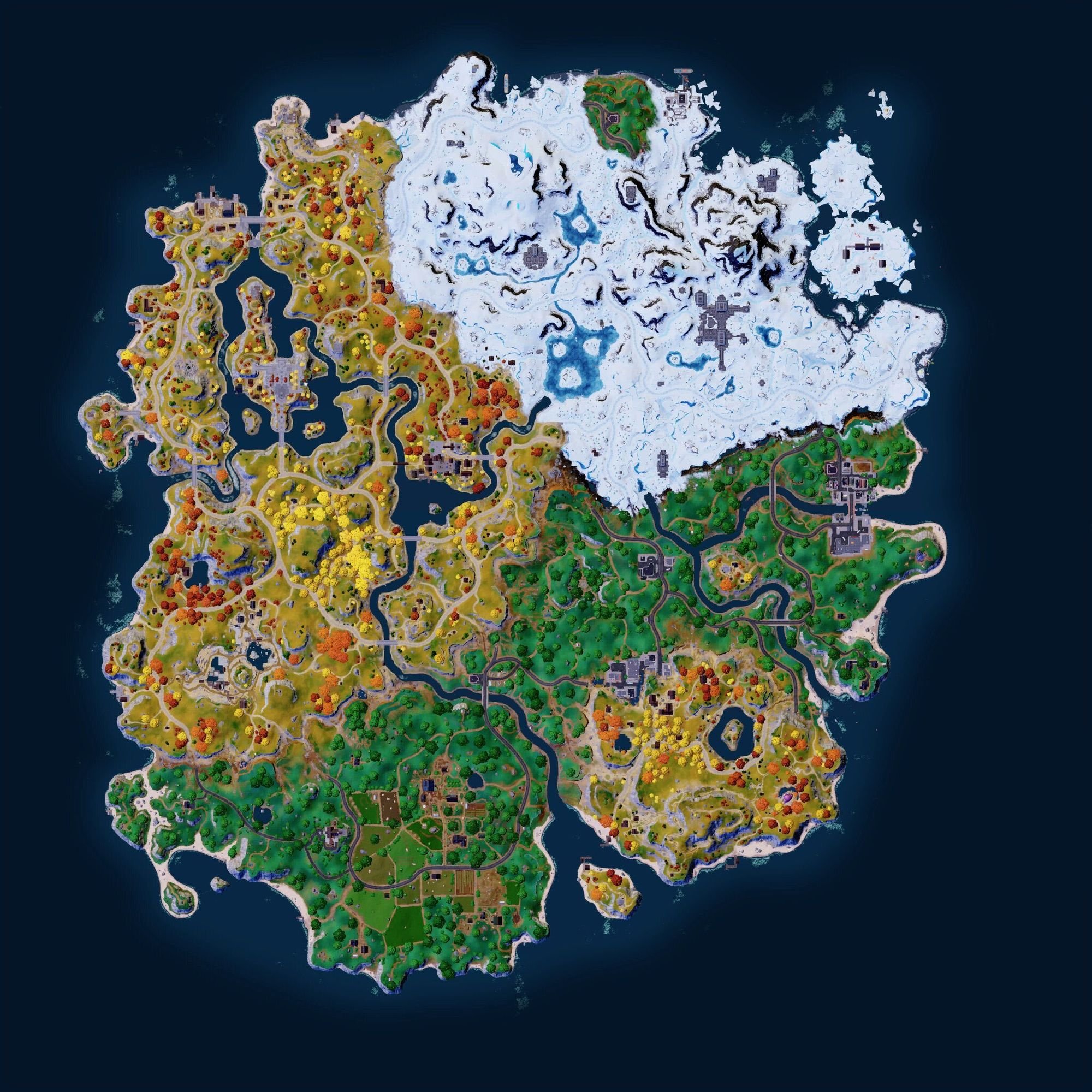Pancake Day: Understanding The History And Significance Of Shrove Tuesday

Table of Contents
The Religious Origins of Pancake Day
Shrove Tuesday gets its name from the word "shrive," meaning to confess sins. It's the day before Ash Wednesday, the start of Lent, a period of fasting and penitence observed by many Christians. Historically, the day held significant religious meaning, representing a final opportunity for indulgence before the 40 days of Lent commenced. This is why Pancake Day is closely linked to the consumption of rich foods like pancakes, which were traditionally used up before the Lenten restrictions on eating rich foods began.
- Shrove Tuesday is the day before Ash Wednesday, the start of Lent. This timing is crucial to understanding its place within the Christian liturgical calendar.
- Lent is a period of fasting and penitence observed by many Christians. This period of reflection and self-denial leads up to Easter Sunday.
- The "shrove" in Shrove Tuesday comes from the word "shrive," meaning to confess sins. This highlights the religious act of confession before beginning the Lenten fast.
- Historically, Pancake Day was a way to use up eggs, butter, and sugar before the Lenten restrictions began. This practical aspect of using up rich ingredients before fasting contributed to the tradition's enduring popularity.
- The religious significance explains why Pancake Day is observed on a date that varies each year. Because it's tied to the date of Easter, which is not fixed, Pancake Day falls on a different date annually.
Pancake Day Traditions Around the World
While the religious roots are common, Pancake Day traditions vary significantly across cultures and countries. The joyful spirit of this day is expressed in many diverse and exciting ways.
- UK: The UK is famous for its traditional pancake races, often involving flipping pancakes while running. These races are a fun community event, and there are regional variations in pancake recipes across England, Scotland, Wales and Northern Ireland.
- France (Mardi Gras): In France, Shrove Tuesday is known as Mardi Gras, and it's part of a broader carnival celebration with elaborate parades and the delicious indulgence of crêpes. Mardi Gras pancakes, or crêpes, are a central part of the festivities.
- USA: In the USA, Pancake Day is celebrated with pancake breakfasts, family gatherings, and creative variations in pancake toppings, reflecting the diverse culinary landscape.
- Other countries: Many other countries have their own unique traditions surrounding Shrove Tuesday, often involving different types of flatbreads or sweet treats consumed before the Lenten fast. Look up "Mardi Gras traditions" or "[Country Name] Shrove Tuesday" to discover more regional variations.
The Symbolism of Pancakes on Pancake Day
The simple pancake holds more symbolism than one might initially assume. Its circular shape and the act of flipping it carry deeper meanings.
- The round shape of the pancake can be symbolic of the sun or the cycle of life. This represents the continuous cycle of renewal and rebirth, reflecting the themes of repentance and renewal central to Lent.
- The act of flipping the pancake can symbolize turning over a new leaf or overcoming challenges. This ties in beautifully with the spiritual meaning of Lent, as a time for self-reflection and personal growth.
- The golden brown color can represent the warmth and joy of the celebration. Despite the penitential aspect of Lent, Shrove Tuesday is a day of festive cheer and community.
- Connecting the symbolism to the spiritual themes of Shrove Tuesday and Lent. The pancake, seemingly simple, becomes a powerful symbol of letting go of the past and embracing new beginnings, aligning perfectly with the intentions behind Lent.
Pancake Recipes and Variations
From classic recipes to modern twists, there's a pancake for everyone. Whether you prefer fluffy American-style pancakes, thin and delicate crêpes, or gluten-free and vegan options, you can explore a world of delicious possibilities.
- Classic pancake recipe: A simple recipe using flour, eggs, milk, and a touch of sugar. Many online resources provide easy-to-follow instructions.
- American-style pancakes: Known for their fluffy texture and often served with syrup, butter, and fruit.
- Gluten-free pancake options: Numerous gluten-free flour blends can create delicious pancakes for those with dietary restrictions.
- Vegan pancake alternatives: Using plant-based milk and eggs, you can make delicious and ethical pancakes.
- Popular pancake toppings: From classic maple syrup to fresh fruit, chocolate chips, and whipped cream, the topping options are endless. Experiment and find your perfect combination!
Conclusion
Pancake Day, whether you call it Shrove Tuesday or Mardi Gras, is more than just a day for delicious pancakes. It's a celebration steeped in history and tradition, marking a significant point in the Christian calendar and offering a chance for community and reflection. By understanding the religious origins and diverse cultural expressions of this holiday, we can fully appreciate the joy and significance of this annual event. So, gather your family and friends, whip up a batch of delicious pancakes, and celebrate the spirit of Pancake Day! Don't forget to share your Pancake Day celebrations using #PancakeDay #ShroveTuesday #MardiGras.

Featured Posts
-
 Mercedes Mones Plea To Momo Watanabe Tbs Championship Reclaimed
May 02, 2025
Mercedes Mones Plea To Momo Watanabe Tbs Championship Reclaimed
May 02, 2025 -
 Grote Stroomstoring In Breda Update En Informatie
May 02, 2025
Grote Stroomstoring In Breda Update En Informatie
May 02, 2025 -
 Ahead Computing Secures 21 5 M In Seed Funding
May 02, 2025
Ahead Computing Secures 21 5 M In Seed Funding
May 02, 2025 -
 Toppins 21 Points Fuel Colorados Trip To Texas Tech
May 02, 2025
Toppins 21 Points Fuel Colorados Trip To Texas Tech
May 02, 2025 -
 Fortnite Chapter 6 Season 2 Everything You Need To Know About The Launch
May 02, 2025
Fortnite Chapter 6 Season 2 Everything You Need To Know About The Launch
May 02, 2025
Latest Posts
-
 When Will Trust Care Health Offer Mental Health Treatment A Comprehensive Overview
May 03, 2025
When Will Trust Care Health Offer Mental Health Treatment A Comprehensive Overview
May 03, 2025 -
 Ethniki Stratigiki P Syxikis Ygeias 2025 2028 Basikes Arxes Kai Efarmogi
May 03, 2025
Ethniki Stratigiki P Syxikis Ygeias 2025 2028 Basikes Arxes Kai Efarmogi
May 03, 2025 -
 Enhancing Mental Health Literacy Educational Programs And Resources
May 03, 2025
Enhancing Mental Health Literacy Educational Programs And Resources
May 03, 2025 -
 Mental Health Services Trust Care Healths Portfolio Expansion
May 03, 2025
Mental Health Services Trust Care Healths Portfolio Expansion
May 03, 2025 -
 To Ypoyrgiko Enekrine Tin Ethniki Stratigiki P Syxikis Ygeias 2025 2028 Analytiki Paroysiasi
May 03, 2025
To Ypoyrgiko Enekrine Tin Ethniki Stratigiki P Syxikis Ygeias 2025 2028 Analytiki Paroysiasi
May 03, 2025
